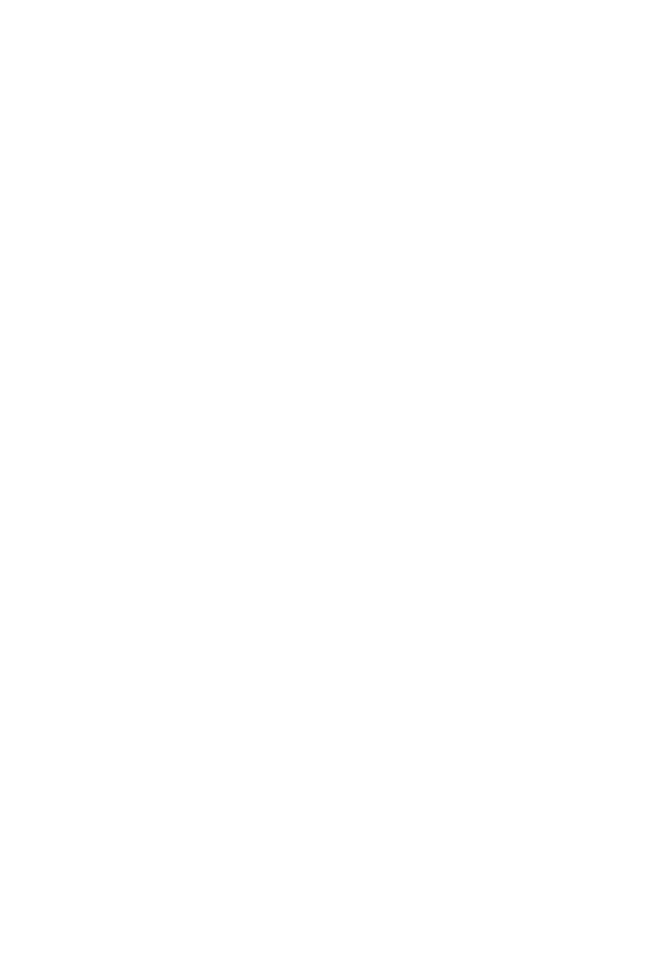
THE GREAT CHRONICLE OF BUDDHAS
1286
Venerable Œnanda and said: ‚Œnanda, we shall go to a distant place to receive alms-food.
Include only
arahats-bhikkhu
, and not worldling in the list of invitees.‛ Then Venerable
Œnanda announced to the
bhikkhus
: ‚Friends, the BhagavÈ is going to a distant place to
receive alms-food today. Let no worldling
bhikkhu
draw lots to be included as an invitee;
only
arahats
may do so.‛
Then the Venerable KuÓÉa DhÈna said: ‚Friend, bring me the lots,‛ and stretched out his
hand to make a draw. The Venerable Œnanda thought the Venerable KuÓÉa DhÈna was still
a worldling and informed the matter to the Buddha who said: ‚Œnanda, let him draw the
lots if he wishes.‛
Then Œnanda thought: ‚If the Venerable KuÓÉa DhÈna were unfit to draw the lots, the
BhagavÈ would disallow the draw. Now that he has been allowed there must be some
reason. I should let him draw.‛ And as he was retracing his steps to the Venerable KuÓÉa
DhÈna, the latter entered into the fourth
jhÈna
, the basic mental state for supernormal
powers and stood in mid-air and then he said to the Venerable Œnanda: ‚Friend Œnanda,
bring me the lots. The BhagavÈ knows me. The BhagavÈ does not say anything against my
drawing the lot first (before other
bhikkhus
).‛ (This is a remarkable event concerning the
Venerable KuÓÉa DhÈna.)
When on another occasion, C|Äa SubhaddÈ, the younger daughter of AnÈthapiÓÉika,
invited the Buddha to SÈketa to receive alms-food offering too, the Venerable KuÓÉa
DhÈna made the first draw among the five hundred
bhikkhus
.
Then again, when the Buddha went to a market town in the country of SunÈparanta, by
way of the sky by using His psychic power, the Venerable KuÓÉa DhÈna was also the first
to draw the lots for receiving alms-food offering.
In another occasion, in the assembly of
bhikkhus
, the Buddha spoke of the Venerable:
‚EtadaggaÑ bhikkhave mama sÈvakÈnam bhikkh|naÑ paÔhamaÑ salÈkaÑ
gaÓhantÈnaÑ yadidaÑ KuÓÉa DhÈno.‛
‚
Bhikkhus
, among those of my
bhikkhu
-disciples who successfully draw lots
ahead of all others for alms-food offering, Bhikkhu Kunda DhÈna is the
foremost (
etadagga
).‛
(23) VA^G¢SA MAHŒTHERA
(a) Aspiration expressed in The Past
The future Va~gÊsa was born into a wealthy family in the city of HaÑsÈvatÊ, during the
time of Buddha Padumuttara. Like all other future Great Disciples, he went to the Buddha's
monastery and in the course of listening to a sermon, he witnessed a
bhikkhu
being named
by the Buddha as the foremost among those
bhikkhus
who were endowed with quick wit.
The son, the future Va~gÊsa, emulated that
bhikkhu
and after making a great offering to the
Buddha, he expressed his aspiration to Him: ‚May I, for this good deed, become the
foremost
bhikkhu
among those endowed with quick wit, at some time in the future.‛ The
Buddha saw that the aspiration of the donor would be fulfilled and therefore, made the
prognostication before returning to the monastery.
(b) Ascetic Life adopted in His Final Existence
After a life of good deeds, the man passed away and was either reborn as a deva or a
human being. At the time of Buddha Gotama, he was reborn in a brahmin family in
SÈvatthi, by the name of Va~gÊsa. When he came of age, he learnt the three Vedas. He
served the teacher to the latter's satisfaction so that he also received a secret formula or
chant called
ChavasÊsa manta
, by intoning which he could tell the destination of a departed
one by gentle rapping the skull of that dead person.
The
Brahmins
knew well how to capitalize Va~gÊa's art. So they put him in an enclosed
carriage, and would encamp at the gate to a town or village, and when a crowd had formed,